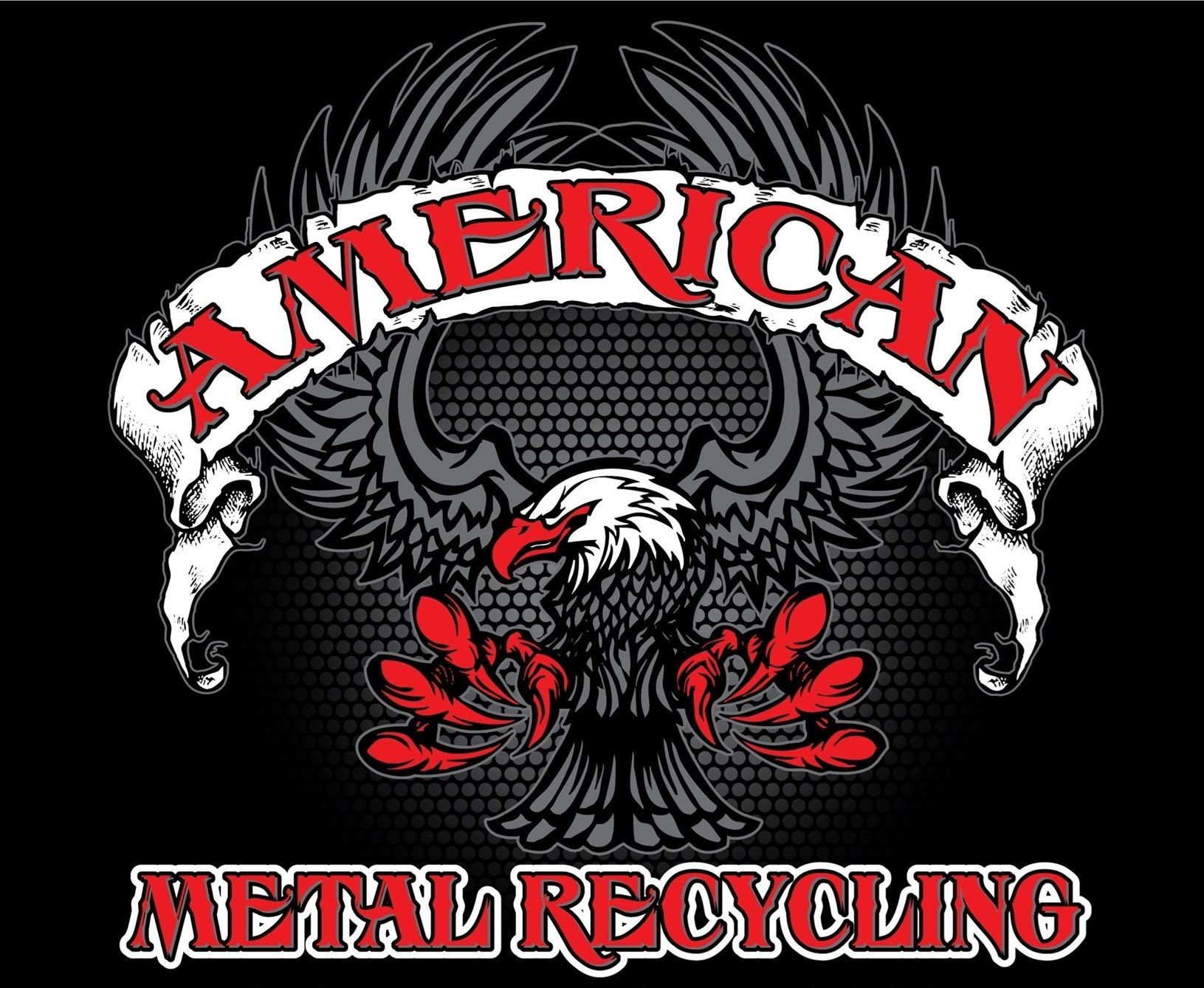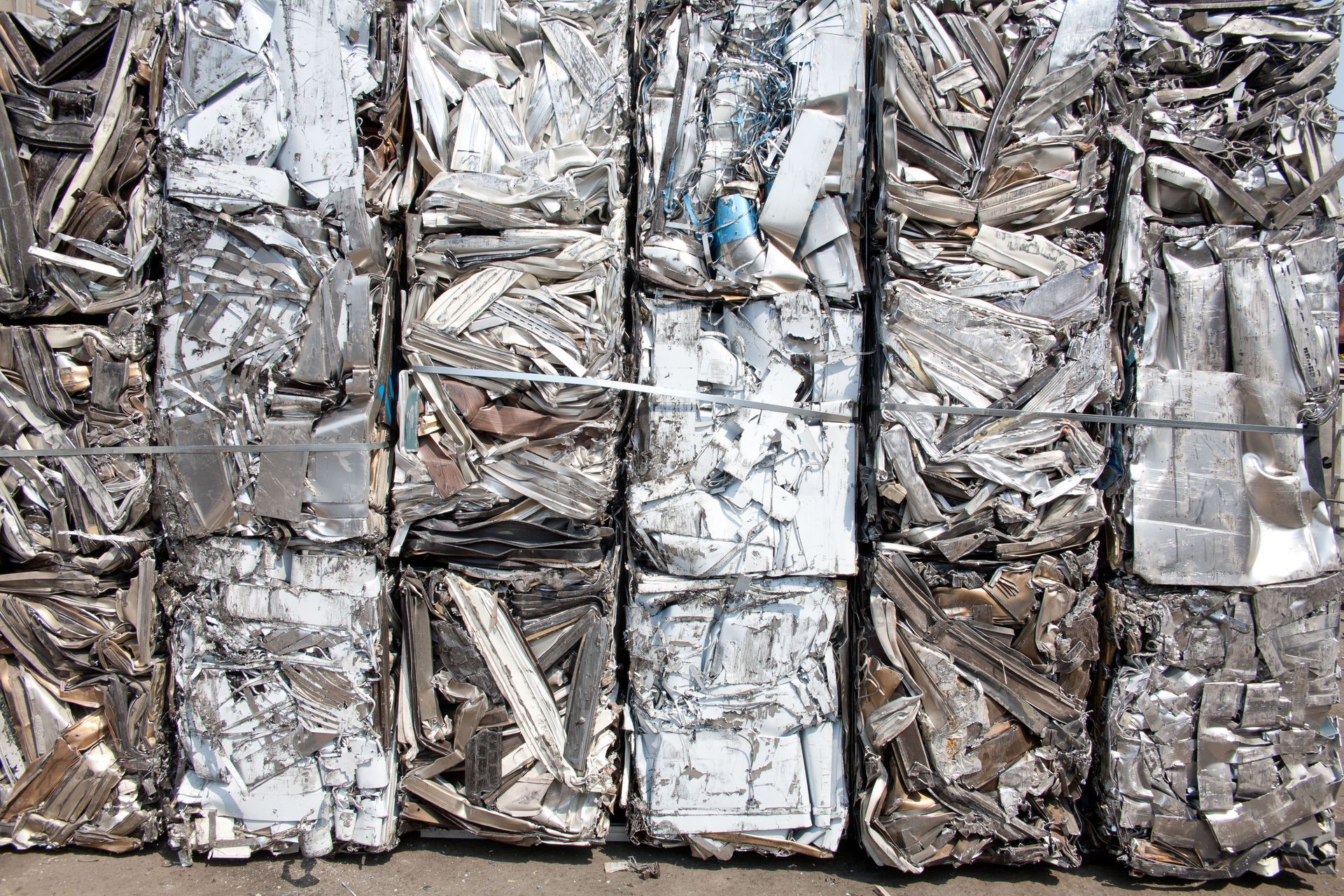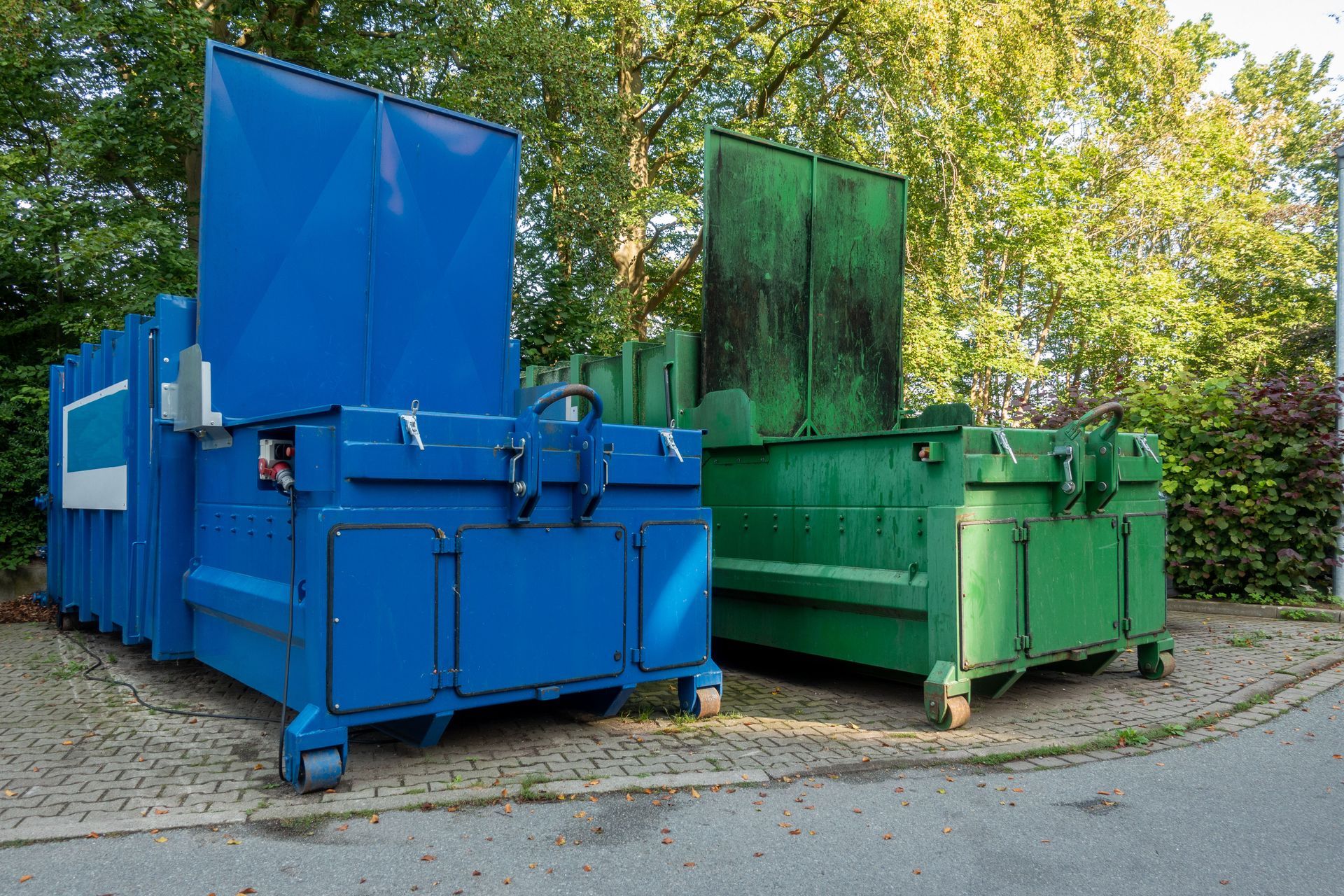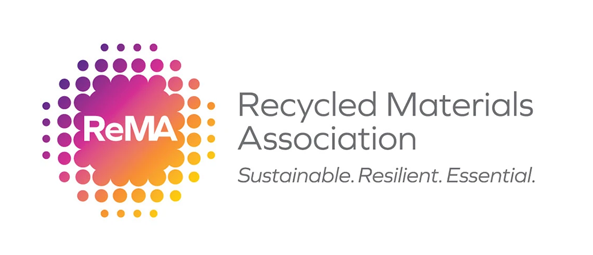November 10, 2025
Recycling plays a vital role in protecting our planet and preserving natural resources, but one of the most impactful forms of recycling often goes overlooked—metal recycling. Every year, millions of tons of metal waste are produced worldwide, from discarded appliances and vehicles to construction debris and food cans. When not properly managed, these materials can take up space in landfills, contribute to pollution, and waste valuable natural resources. However, when handled correctly through professional metal recycling services, metals can be repurposed, reused, and reintegrated into manufacturing systems in ways that are both environmentally and economically beneficial.
In this article, we’ll explore why proper metal disposal is essential, how metal recycling helps the environment, the economic value it creates, and how individuals and businesses alike can participate in this sustainable process.
Understanding the Basics of Metal Recycling
Metal recycling is the process of collecting, processing, and reusing metals that would otherwise end up as waste. Unlike many other materials, metals can be recycled indefinitely without losing their properties. This makes them one of the most sustainable materials on Earth. Common metals that are recycled include steel, aluminum, copper, brass, and iron—all of which play significant roles in industries ranging from construction to technology.
The process typically begins when individuals or businesses deliver scrap metal to a recycling center. There, the materials are sorted based on type, cleaned to remove impurities, and shredded or melted down for reformation. The resulting metal is then sold to manufacturers who use it to produce new products, ranging from car parts to building materials.
Using metal recycling services ensures that this process is handled efficiently and safely. Professionals in the field are equipped with the tools and expertise to properly sort and process metals according to environmental standards. This not only helps reduce landfill waste but also ensures compliance with regulations that prevent hazardous materials from entering the environment.
Environmental Benefits of Recycling Metals
One of the most significant advantages of metal recycling is its positive impact on the environment. Mining and refining raw metals require vast amounts of energy and water, and these processes release substantial amounts of greenhouse gases into the atmosphere. By recycling metals instead of extracting new ones, we can conserve energy and minimize harmful emissions.
According to the U.S. Environmental Protection Agency, steel cans are recycled at a rate of nearly 71%. This impressive statistic demonstrates how recycling initiatives can make a real difference when supported by individuals, industries, and metal recycling services. By diverting such a high percentage of materials from landfills, we not only preserve valuable resources but also reduce the environmental toll associated with waste disposal and manufacturing.
Moreover, recycling helps protect wildlife and natural habitats. Mining operations can destroy forests, pollute water sources, and disrupt ecosystems. When metals are recycled instead of mined, the demand for new extraction decreases, leading to less environmental destruction. Every can, pipe, or appliance that’s recycled represents a small but meaningful victory for the planet.
The Economic Value of Metal Recycling
While environmental protection is a major benefit of recycling, the economic value it generates is equally impressive. The global scrap metal industry contributes billions of dollars to the economy each year and supports hundreds of thousands of jobs. From collection and sorting to transportation and refining, metal recycling creates employment opportunities across multiple sectors.
In addition to job creation, recycling metals reduces costs for manufacturers. Recycled metals are often less expensive than newly mined materials, making them an attractive option for companies seeking to manage expenses while maintaining product quality. This cost-efficiency can also lead to lower prices for consumers and greater economic stability within industries that rely heavily on metal production.
Using metal recycling services allows businesses to maximize the value of their waste materials. Instead of paying for disposal, companies can often earn revenue by selling their scrap metal to recycling facilities. This exchange promotes a circular economy, where waste is viewed not as garbage but as a resource that can be continually reused.
Another important aspect of the metal recycling economy is resource conservation. As global demand for metals continues to rise—particularly with the growth of electric vehicles, renewable energy systems, and modern infrastructure—recycled materials help meet supply needs without depleting finite natural resources. By investing in recycling now, we ensure a more stable and sustainable metal supply for the future.
How Metal Recycling Services Support Communities
Beyond the environmental and economic benefits, metal recycling services also provide significant advantages to local communities. Many municipalities partner with recycling centers to reduce landfill use, lower waste management costs, and promote public awareness about sustainability. When communities actively engage in recycling efforts, they foster cleaner neighborhoods, conserve public funds, and encourage residents to adopt eco-friendly habits.
Recycling facilities also contribute to local development. They provide steady employment opportunities, stimulate small business growth, and strengthen community ties through shared sustainability goals. Many recycling centers run educational programs to teach residents how to separate materials correctly and understand the broader impact of their recycling efforts.
Moreover, recycling metals keeps dangerous substances out of the environment. Items such as old appliances, electronics, and car batteries often contain heavy metals or chemicals that can leach into soil and water if disposed of improperly. Professional recycling centers have the equipment and training to safely process these items, ensuring that harmful materials are contained and managed responsibly.
Communities that prioritize recycling also tend to experience greater civic pride. When people see tangible improvements—like cleaner streets and more efficient waste systems—they’re more likely to support other sustainability initiatives. Over time, this collective effort leads to healthier, more resilient communities built on principles of responsibility and stewardship.
How Individuals and Businesses Can Get Involved
Getting involved in metal recycling is easier than many people realize. For individuals, it can start with simple daily habits like properly sorting recyclable materials at home. Many local recycling programs accept metal items such as food cans, aluminum foil, and small appliances. Larger items, like old bicycles, car parts, or construction materials, can be dropped off at specialized recycling centers.
Businesses, particularly those in manufacturing, construction, or automotive industries, can benefit significantly from partnering with metal recycling services. By establishing a structured recycling program, companies can reduce waste disposal costs, improve sustainability credentials, and even create an additional revenue stream from scrap metal sales.
Every action counts, no matter how small. By recycling regularly and encouraging others to do the same, we can collectively reduce our environmental impact and conserve resources for future generations.
The importance of proper metal disposal cannot be overstated. Through the use of metal recycling services, we can protect the environment, strengthen the economy, and support thriving communities. Metals are among the most recyclable materials on the planet, offering endless potential for reuse without loss of quality.
By choosing to recycle, individuals and businesses help reduce the demand for new mining, cut energy consumption, and lower greenhouse gas emissions. The simple act of recycling a steel can, an old appliance, or a piece of scrap metal contributes to a larger global effort toward sustainability.
As the saying goes, “One person’s trash is another person’s treasure.” In the case of metal recycling, that treasure is more than just economic—it’s the promise of a cleaner, greener, and more sustainable world for all.
Ready to make a positive impact on the environment and your community? Contact American Metal Recycling today to learn how our metal recycling services can help you properly dispose of unwanted materials while supporting a cleaner, more sustainable future.





